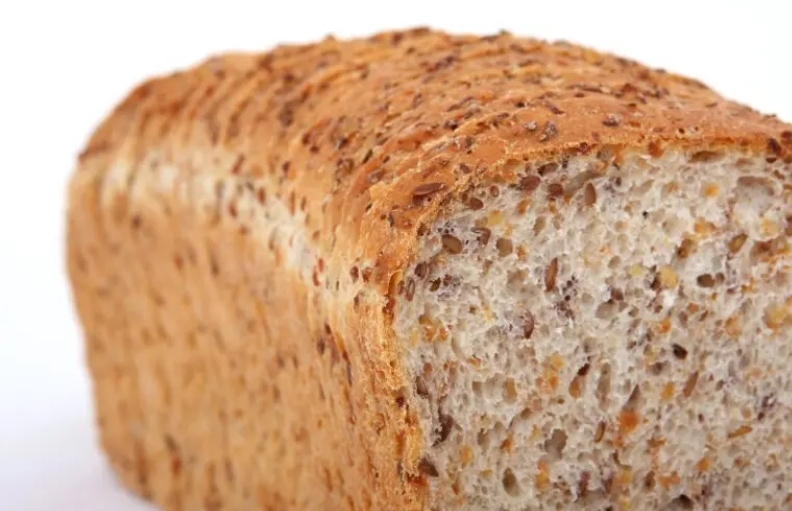Researchers at the Royal Melbourne Institute of Technology (RMIT) have discovered ways to add up to 20% of fiber to food, without it being possible to detect the presence of a change in color, flavor or texture. This substance, called FiberX, can be obtained from starches that would otherwise become agricultural waste.
Fiber is an irreplaceable element of healthy diets
Nutritionists have long recognized the value of fiber to food in healthy diets. For example, fiber has an important role in the prevention of obesity, type 2 diabetes and some cardiovascular diseases. It is also crucial in stimulating good intestinal function.
RMIT has developed the new “invisible” fiber FiberX in collaboration with Microtec Engineering Group.
Adding invisible fiber to food can be a significant breakthrough to enhance the nutritional value of some foods. For example, you can add an extra dose of fiber to foods such as white bread – or other basic foods, widely consumed – without changing its taste, softness or appearance, which in fact very often represents one of the main problems of fiber supplements currently available on the market.
Read also Food sustainability: new sweetener from fruit waste
Besides being completely invisible, FiberX does not have the taste of a normal additive and therefore is not perceptible to the taste, also for this reason it remains in a certain sense “hidden.
From chemical to natural modification
The team of researchers, thanks to chemical treatments, modified the molecular structure of starches such as cassava, wheat or corn, transformed them into highly digestible foods that cause rapid glycemic peaks and behave like natural dietary fiber. At the tasting test, the researchers saw that adding a percentage of fiber ranging from 10 to 20% does not perceive any difference.
Laboratory tests on processed starches have shown that it is possible to convert more than 80% of starch into dietary fibre chemically. Currently researchers are working on enzymes to achieve the same result, but “chemical free” and with a lower environmental impact.
RMIT researchers are also thinking in a circular economy perspective: a collaboration has been established with Fight Food Waste Cooperative to recover starches and waste fibres from production. Having more sustainable fibre also paves the way for marketing.

